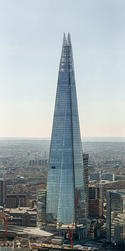There is an emerging consensus about the destructiveness of excessive land use regulation, both with respect to its impact on housing affordability but also its overall impacts on economies. This is most evident in a recent New Zealand commentary.
New Zealand
Both the center-Left and center-Right have come together in agreement on the depth of New Zealand's housing affordability and its principal cause, overly restrictive urban planning regulations. read more »




















